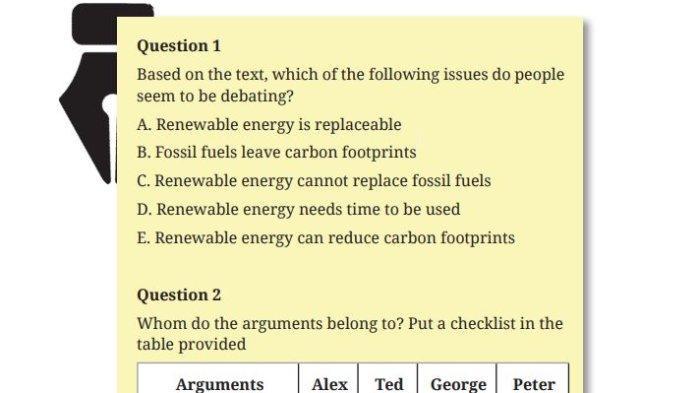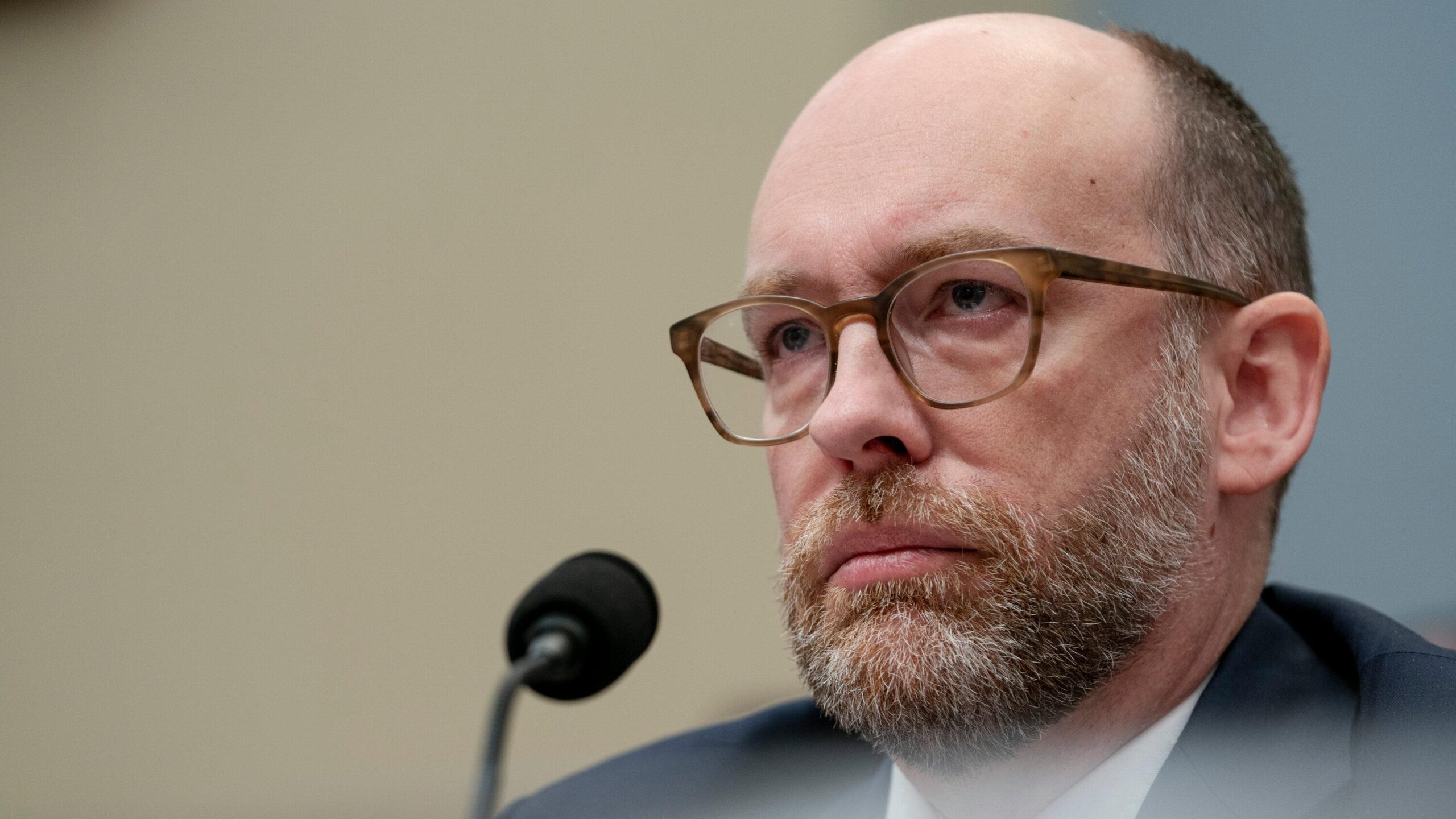In the wake of the 2020 presidential election, the political landscape has seen a significant shift as Republicans resign from their elected positions to pursue appointments within the Trump administration. This departure of elected officials has left vacancies in various government bodies, raising questions about how these positions will be filled. Will the Republican Party maintain its dominance by appointing candidates from within its ranks, or will the vacated seats provide an opportunity for the Democratic Party to gain ground? With the midterm elections rapidly approaching, the outcome of these appointments could have repercussions for the balance of power in Washington D.C.
The Exodus: Republicans Depart for Trump Administration Posts
Across the country, Republican members of Congress are stepping down this year to take on new roles in the Trump administration. In the House alone, at least 11 GOP members have resigned or plan to depart by the end of the year.
The departures have left vacancies in key committees, including the House Intelligence Committee, where Republican Mike Conaway of Texas is stepping down. Democrats are vowing to take advantage of the GOP vacancies, and they have already filed a motion to replace Republican-appointed committee members with Democrats.
Filling the Void: Appointment Options and the Search for Qualified Candidates
Appointment Options
Filling vacancies can be done through three main paths: appointment, special election, or leaving the seat unoccupied. Appointments are made by the governor and typically last until the next general election. Special elections are held to elect a permanent replacement for the vacated seat. Leaving the seat unoccupied is an option in some states, but it can lead to power imbalances and diminished representation for constituents.
The Search for Qualified Candidates
Finding qualified candidates to fill vacancies is a crucial task. Governors may consider factors such as experience in relevant fields, education, and political affiliation when assessing candidates. Political parties and interest groups often play a role in recommending and vetting potential appointees. In some cases, governors may also open up the search process to the public, seeking input from constituents and organizations.
The Legacy Effect: Long-Term Implications for Republican Leadership
As high-profile Republicans vacate their posts to join Trump’s administration, profound questions arise about the future of the party. The exodus of experienced legislators leaves behind a vacuum in leadership, potentially altering the trajectory of Republican politics for years to come.
The impact extends beyond immediate vacancies. Newly appointed officials may lack the seniority and institutional knowledge of their predecessors, diminishing the GOP’s influence in key areas. Moreover, the departure of influential voices could exacerbate internal divisions, further fragmenting the party and making consensus-building more challenging. The long-term implications of this leadership void remain to be seen, but it is certain to reshape the Republican landscape for the foreseeable future.
Wrapping Up
As the revolving door of Republican departures and appointments spins, the vacancies left in their wake await their new occupants. Whether it be through special elections, temporary appointees, or party nominations, the filling of these positions will shape the political landscape for years to come. The outcomes of these replacement processes will undoubtedly influence the power dynamics within the party, the ideological direction it takes, and the policies that will be pursued. As the pieces settle, the true impact of this political musical chairs will become increasingly clear, reshaping the Republican Party and potentially the nation itself.


